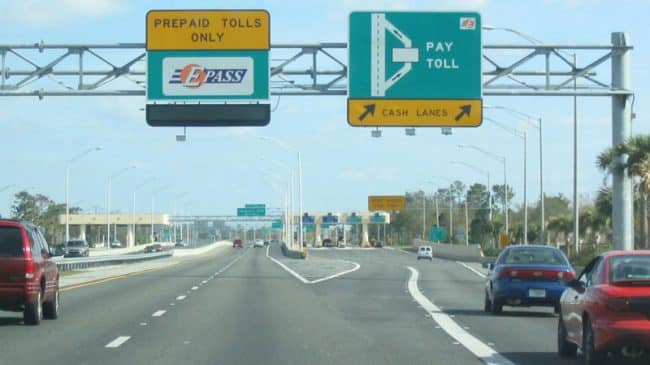When transportation experts compare Atlanta’s congestion problem with that of comparable large urban areas, one major difference leaps out of the data. Atlanta relies far more on its expressways to handle rush-hour traffic than comparable areas.
In Orlando, major roadways called “arterials” handle more traffic than expressways, and Denver’s arterials handle nearly as much as its expressways.
By contrast, Atlanta’s arterials handle only one-fourth as much traffic as its expressways. That’s a major reason why Atlanta’s expressways are among the nation’s most overloaded.
It’s probably way too late to build a modern grid of major arterials in Atlanta, but if some way could be found to make existing arterials like Roswell Road work better, those roads could reduce the burden placed on expressways, easing everyone’s daily commute.
The most obvious way to improve arterials is to widen them, but that is costly and can be politically contentious if landowners don’t wish to sell the needed right of way.
Another good idea is to synchronize traffic lights, so that motorists in the peak direction at rush hour get mostly green lights. Traffic engineers know that delays at intersections can be as big a limit on an arterial’s traffic capacity as the number of lanes.
What if it were possible to increase an arterial’s traffic capacity by more than would happen by adding a lane each way – but without having to widen it? Miami and Fort Myers, Fla., are both looking into this idea. It’s called converting an arterial into a “managed arterial.”
The basic idea is to give motorists a way to bypass traffic signals, by adding overpasses or underpasses to major arterials. Because those “grade separations” are costly to build, a small toll (e.g., 25 cents) would be charged, electronically, for each underpass a motorist used.
Those who didn’t want to pay would use the intersection just as they do today – to go straight or make a left turn or right turn.
It’s the same principle used around the country for express toll lanes on expressways, like the ones now working well on I-85 in Atlanta. You pay only the toll, using Peach Pass, if the value of the faster and more reliable trip is worth it to you.
Could the improvements that convert a regular arterial into a managed arterial pay for themselves? Preliminary studies in Florida cases suggest that as much as 75 percent of the cost of adding a set of overpasses or underpasses could be financed by the toll revenues, leaving the balance to come from conventional transportation revenues (mostly gas taxes).
By contrast, if the alternative of adding lanes each way were pursued, 100 percent of the cost would have to come from gas taxes.
Managed arterials offer metro Atlanta a way to relieve the area’s overburdened expressways, funded largely by voluntary payments by motorists. It’s an option transportation planners should seriously consider.
Robert Poole is director of transportation for the Reason Foundation, a libertarian think tank.
This article first appeared at http://blogs.ajc.com/atlanta-forward/2012/08/06/managed-arterials-anyone/

